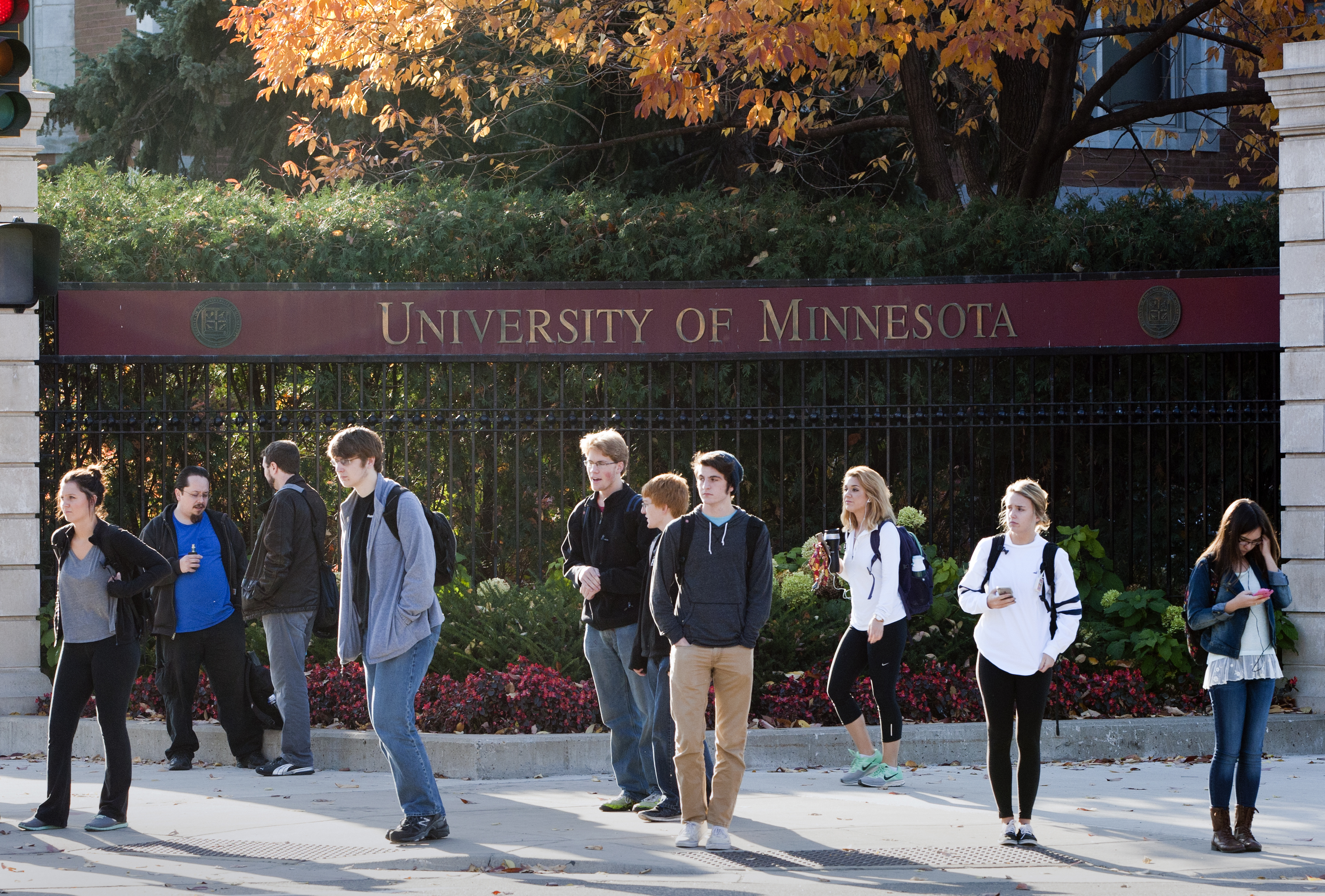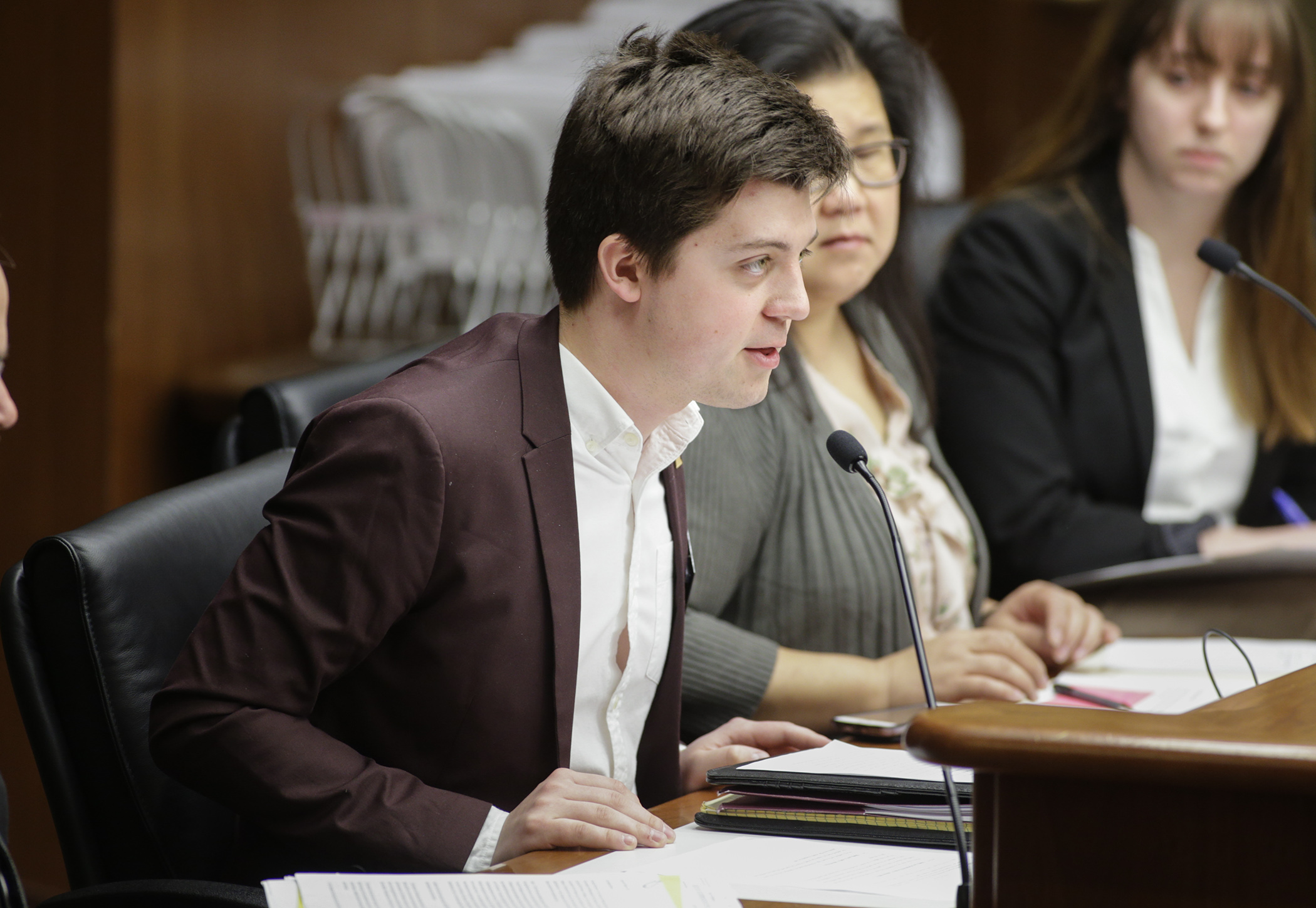Requiring prorated rents could ensure college students get what they pay for

Toward the end of their leases, college students are often required to both pay for an entire month of rent and leave weeks before that month ends.
HF3759, sponsored by Rep. Kaohly Her (DFL-St. Paul), would require rents to be prorated for the last month of tenancy and limit how soon landlords could begin pressuring tenants to renew their leases.
The House Housing Finance and Policy Division approved the bill as amended Wednesday and referred it to the House Judiciary Finance and Civil Law Division.
A companion, SF4075, is sponsored by Sen. Kari Dziedzic (DFL-Mpls) and awaits action by the Senate Judiciary and Public Safety Finance and Policy Committee.
The practice of requiring students to vacate their apartments before the end of the month is not an unreasonable one, said Sam Parmekar, a University of Minnesota student and state government coordinator for the student association.
He and other advocates understand that landlords not only need time to turn over apartments and make repairs, but that their window of opportunity is relatively small, given that a new batch of students is inevitably waiting to move in Sept. 1.
But it is unreasonable to make students pay for weeks of a service they are not receiving. Especially when students have to find and pay for other short-term accommodations and storage for their belongings, he said.
International and out-of-state students are particularly hard hit, as well as those who live in Greater Minnesota, said Bill Dane, a housing attorney with University of Minnesota Legal Services.
A second provision in the bill would prohibit landlords from requiring tenants to sign a new lease until at least four months have passed — provided that the existing lease is for at least 10 months.
This would allow short-term renters, like college students, to assess the fit of an apartment and their roommates before committing to another year in the same situation, said Becca Coin, a University of Minnesota student, who was urged to renew her lease less than a month after moving into her apartment.
 University of Minnesota student Sam Parmekar testifies in the House Housing Finance and Policy Division on HF3759, sponsored by Rep. Kaohly Her, right, which would prohibit tenants from being charged full rent for the last month if they have to move out early. Photo by Paul Battaglia
University of Minnesota student Sam Parmekar testifies in the House Housing Finance and Policy Division on HF3759, sponsored by Rep. Kaohly Her, right, which would prohibit tenants from being charged full rent for the last month if they have to move out early. Photo by Paul BattagliaThe practice is common, she said. And the pressure is intensified by the fact that many students have recently undergone high-stress periods of unstable housing.
In Coin’s case, she had been couch-surfing for nearly three weeks because the terms of her previous lease left her without anywhere to stay.
HF3759 would encourage landlords to keep this window of instability as narrow as possible, because they risk losing money if they extend it for three weeks when they could get the work done in five days, Dane said.
Division members asked if this would incentivize landlords to rent apartments out from underneath their current tenants, but Dane said the financial incentives to limit turnover are high enough that it shouldn’t pose a problem.
In addition, the demand for housing is so high that landlords are unlikely to have any problems filling vacancies, Her said.
Rep. Jeremy Munson (R-Lake Crystal) said the first provision — related to prorated rents — was fair, but the second would create too much uncertainty for landlords.
Other objections revolved around whether the issue should be considered statewide.
Rep. Brian Johnson (R-Cambridge) suggested the legislation be more specifically targeted to college student housing.
Her said the issue is a statewide one, and that communities with public and private colleges alike are affected.
“It is not just specifically a U of M issue,” she said.
Related Articles
Search Session Daily
Advanced Search OptionsPriority Dailies
Ways and Means Committee OKs proposed $512 million supplemental budget on party-line vote
By Mike Cook Meeting more needs or fiscal irresponsibility is one way to sum up the differences among the two parties on a supplemental spending package a year after a $72 billion state budg...
Meeting more needs or fiscal irresponsibility is one way to sum up the differences among the two parties on a supplemental spending package a year after a $72 billion state budg...
Minnesota’s projected budget surplus balloons to $3.7 billion, but fiscal pressure still looms
By Rob Hubbard Just as Minnesota has experienced a warmer winter than usual, so has the state’s budget outlook warmed over the past few months.
On Thursday, Minnesota Management and Budget...
Just as Minnesota has experienced a warmer winter than usual, so has the state’s budget outlook warmed over the past few months.
On Thursday, Minnesota Management and Budget...